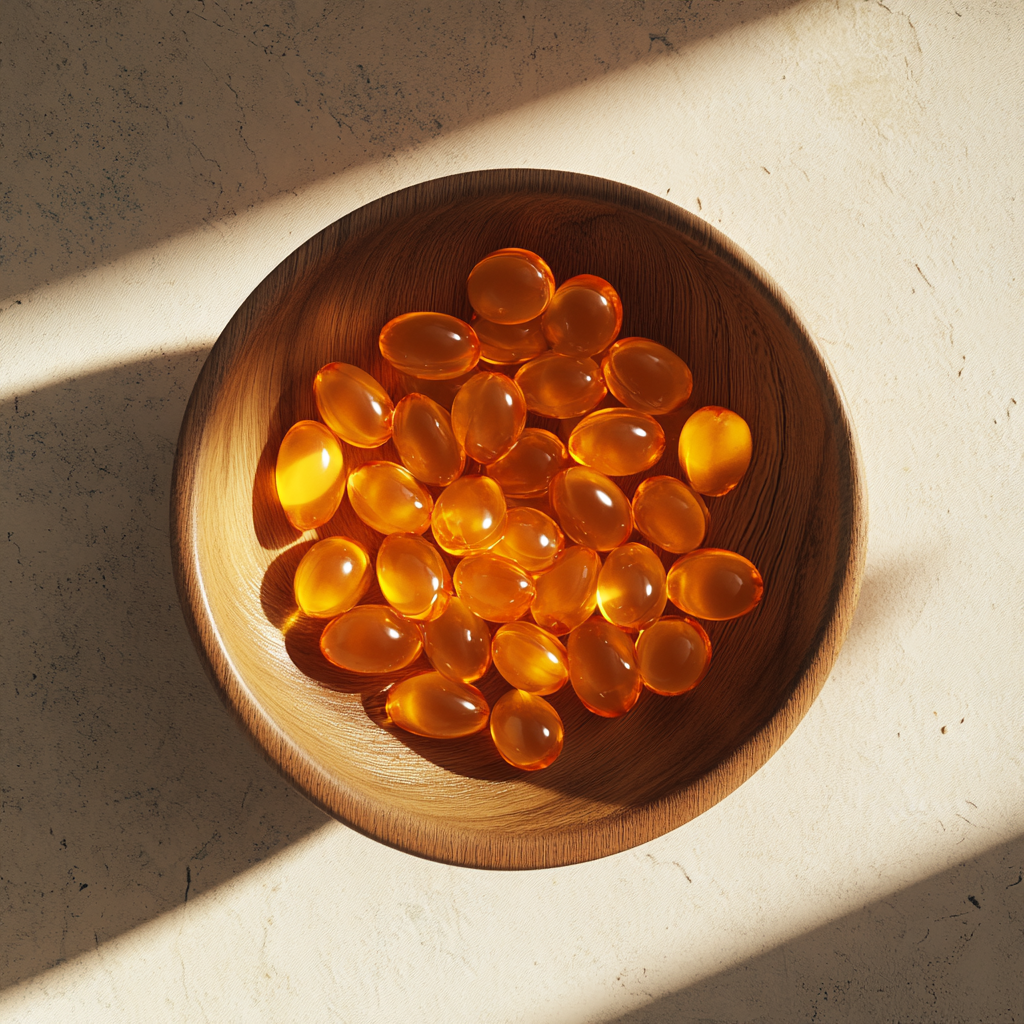The Brain Boosters in Your Gut: How Bitter Compounds Release Key Neurotransmitters
The Brain Boosters in Your Gut: How Bitter Compounds Release Key Neurotransmitters
Have you ever thought about how the food you eat can affect not just your body but also your brain? Bitter compounds, often overlooked, play a surprising role in this. In fact, they engage in a process that can stimulate the release of key neurotransmitters, thanks to something known as the "gut-brain axis." Through an intricate dance of receptors, nerves, and compounds, your gut can actually contribute to sharper thinking and a better mood.
What’s the Gut-Brain Axis?
The gut-brain axis is the two-way communication channel connecting our digestive system and brain, primarily through the Vagus nerve. This connection allows substances in the gut to influence the brain and vice versa. Emerging studies show that certain bitter compounds, such as Iso-Alpha acids found in hops, can stimulate this pathway, releasing neurotransmitters that improve memory and cognitive function. (https://www.frontiersin.org/journals/neuroscience/articles/10.3389/fnins.2018.00049/full?utm)
The Role of Bitter Compounds in Neurotransmitter Release
Bitter compounds, like those found in hops and specific polyphenols in fruits and vegetables, act as agonists to bitter taste receptors (TAS2Rs) located in the gut. These receptors, when activated, signal the Vagus nerve to release a cascade of neurotransmitters. For instance, Iso-Alpha acids from hops have been found to boost dopamine levels, enhancing spatial working memory and attention. Studies show these compounds also increase norepinephrine release, which is critical for focus and alertness. (Ayabe T, Fukuda T, Ano Y. Improving Effects of Hop-Derived Bitter Acids in Beer on Cognitive Functions: A New Strategy for Vagus Nerve Stimulation. Biomolecules. 2020 Jan 13;10(1):131. doi: 10.3390/biom10010131. PMID: 31940997; PMCID: PMC7022854.)
How Bitter Compounds Support Brain Health
One fascinating study highlighted that daily intake of iso-alpha acids increased brain health indicators in healthy older adults. This study used MRI-based measures to assess brain structure before and after supplementing with a hop-derived bitter compound. Results showed improvements in brain gray matter volume, suggesting that bitter compounds might support structural brain health, especially as we age. (Kita M, Yoshida S, Kondo K, Yamakawa Y, Ano Y. Effects of iso-α-acids, the hop-derived bitter components in beer, on the MRI-based Brain Healthcare Quotient in healthy middle-aged to older adults. Neuropsychopharmacol Rep. 2019 Dec;39(4):273-278. doi: 10.1002/npr2.12077. Epub 2019 Oct 6. PMID: 31587526; PMCID: PMC7292307.)
Additionally, polyphenols—a group of plant compounds found in foods like berries and dark chocolate—have also shown promise in supporting brain health. They enhance gut microbiota diversity and influence the production of neurotransmitters by fostering a healthier gut environment. This, in turn, leads to improved cognitive function, especially in older adults. (Láng L, McArthur S, Lazar AS, Pourtau L, Gaudout D, Pontifex MG, Müller M, Vauzour D. Dietary (Poly)phenols and the Gut-Brain Axis in Ageing. Nutrients. 2024 May 16;16(10):1500. doi: 10.3390/nu16101500. PMID: 38794738; PMCID: PMC11124177)
From the Gut to the Brain: The Pathway of Neurotransmitters
When you consume foods rich in bitter compounds, they activate gut receptors that signal neurotransmitter release through the vagus nerve. The neurotransmitters like dopamine and norepinephrine play key roles in memory, mood regulation, and focus. This connection has profound implications for mental health, especially since cognitive decline and neurodegenerative diseases often correlate with reduced dopamine and norepinephrine activity. (Holland N, Robbins TW, Rowe JB. The role of noradrenaline in cognition and cognitive disorders. Brain. 2021 Sep 4;144(8):2243-2256. doi: 10.1093/brain/awab111. PMID: 33725122; PMCID: PMC8418349.)
Practical Takeaways for Brain Health
Here’s how you can harness the power of bitter compounds for brain health:
- Incorporate Hops-Based Supplements: Iso-alpha acids, found in hops, have demonstrated benefits in cognitive function and memory. Consuming these through supplements or functional beverages could support neurotransmitter release and cognitive health.
- Eat Polyphenol-Rich Foods: Berries, dark chocolate, and other polyphenol-rich foods contribute to a diverse gut microbiome, which in turn supports brain health. Studies highlight their role in reducing neuroinflammation and enhancing memory.
- Embrace Bitter Foods: Incorporating naturally bitter foods—think greens like dandelion and arugula, as well as dark chocolate—could stimulate your gut-brain axis, helping to keep your brain sharp.
The Takeaway: Your Gut’s Secret Role in Brain Health
It’s incredible to realize that what you eat can help unlock neurotransmitters that shape your mental state and cognitive abilities. As more research reveals the connection between gut health and brain health, embracing bitter compounds through diet and supplements could become a mainstream strategy for supporting cognitive longevity.
By understanding and leveraging the power of bitter compounds, you’re not only nurturing your body but also fueling your mind. So next time you taste something bitter, think of it as a small step toward a sharper, healthier brain.

